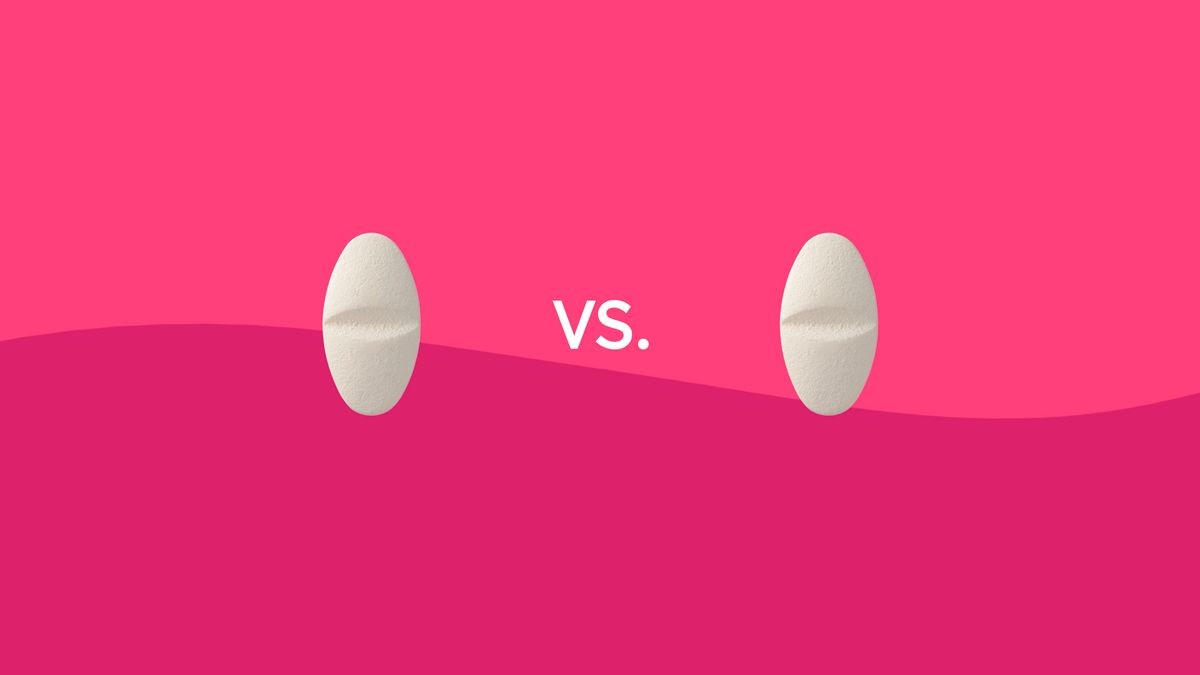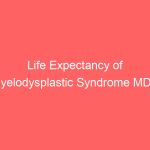
Contents
Lexapro vs. Effexor
Lexapro is an oral drug used to treat depression and generalized anxiety disorder.
Effexor is a selective serotonin and norepinephrine reuptake inhibitor (SNRI) used to treat depression. Other drugs in this class include milnacipran (Savella), duloxetine (Cymbalta), and desvenlafaxine (Pristiq).
Side Effects of Lexapro and Effexor?
Lexapro
WARNING
Some patients experience withdrawal reactions upon stopping SSRI therapy. Symptoms may include dizziness, tingling, tiredness, vivid dreams, irritability, or poor mood.
In order to avoid these symptoms, the dose of SSRI can be slowly reduced instead of abruptly stopped.
Antidepressants increased the risk of suicidal thinking and behavior (suicidality) in short-term studies in children and adolescents with depression and other psychiatric disorders. Anyone considering the use of Lexapro or any other antidepressant in a child or adolescent must balance this risk with the clinical need. Short-term studies did not show an increase in the risk of suicidality with antidepressants compared with placebo in adults beyond 24 years of age. There was a reduction in risk of suicidality with antidepressants compared with placebo in adults 65 years of age and older. Depression and certain other psychiatric disorders are themselves associated with increases in the risk of suicide. Patients who are started on therapy with antidepressants should be closely observed for clinical worsening, suicidality, or unusual changes in behavior.
Common side effects associated with Lexapro:
- agitation or restlessness,
- blurred vision,
- diarrhea,
- difficulty sleeping,
- drowsiness,
- dry mouth,
- fever,
- frequent urination,
- headache,
- indigestion,
- nausea,
- increased or decreased appetite,
- increased sweating,
- sexual difficulties,
- taste alterations, tremor, and
- weight changes.
Other side effects include influenza-like symptoms and pain in neck or shoulders.
Although changes in sexual desire, sexual performance, and sexual satisfaction often occur as a result of depression itself, they also may be a consequence of the drugs used to treat depression. In particular, about one in 11 men given Lexapro report difficulties ejaculating.
Possible serious side effects of Lexapro include:
- Serotonin syndrome
- Suicidal thinking and behavior
- Abnormal bleeding
- Seizures
- Manic episodes
- Low sodium
- Angle closure glaucoma
Effexor
Venlafaxine, like most anti-depressants, can cause:
Other side effects that can occur are:
- dizziness,
- ejaculation disorder,
- sweating,
- dry mouth, and
- weight loss.
Increased blood pressure can occur, and blood pressure should be monitored.
Seizures have been reported.
The FDA suggests if anti-depressants are discontinued abruptly, symptoms may occur such as dizziness, headache, nausea, changes in mood, or changes in the sense of smell, taste, etc. It is generally recommended that the dose of anti-depressant be reduced gradually when therapy is discontinued.
Antidepressants increased the risk of suicidal thinking and behavior (suicidality) in short-term studies in children, adolescents, and young adults with depression and other psychiatric disorders. Anyone considering the use of venlafaxine or any other antidepressant in a child or adolescent must balance this risk with the clinical need. Patients who are started on therapy should be closely observed for clinical worsening, suicidality, or unusual changes in behavior.
Dosage of Lexapro vs. Effexor?
Lexapro
- The usual starting dose of Lexapro for treating depression in adults or adolescents is 10 mg once daily. The dose may be increased to 20 mg once daily after 1 week.
- Benefit may not be seen until treatment has been given for up to 4 weeks. A daily dose of 20 mg may not be more effective than 10 mg daily for treatment of depression.
- The dose for treating generalized anxiety disorder is 10 mg once daily.
- Lexapro can be taken with or without food.
Effexor
- Venlafaxine should be taken with food at doses specifically directed by a physician.
- For patients with difficulty swallowing tablets or capsules, capsules of Effexor XR can be opened and the contents sprinkled on a spoonful of applesauce.
- The dose for treatment of depression using the immediate release formulation is 75 to 375 mg daily divided in 2 or 3 doses and given every 8 or 12 hours. The extended release dose is 37.5 mg to 225 mg once daily. Dosing is usually begun with low initial concentrations and adjusted as needed by the treating doctor.
- Generalized anxiety and panic disorder are treated with 37.5 mg to 225 mg once daily using the extended release formulation. Social anxiety is treated with 75 mg daily using the extended release formulation.
Drug Interactions with Lexapro and Effexor?
Lexapro
- All SSRIs, including Lexapro, should not be combined with drugs in the monoamine oxidase (MAO) inhibitor class of antidepressants or other drugs that inhibit monoamine oxidase.
- Similar reactions occur when SSRIs are combined with other drugs that increase serotonin in the brain.
- Use of selective serotonin inhibitors may increase the risk of gastrointestinal bleeding in patients taking warfarin, aspirin, nonsteroidal anti-inflammatory drugs (NSAIDs), and other drugs that cause bleeding.
Effexor
- Venlafaxine should not be used in combination with a monoamine oxidase inhibitor (MAOI) such as phenelzine, tranylcypromine, isocarboxazid, and selegiline, or within 14 days of discontinuing the MAOI.
- Combinations of SNRIs and MAOIs may lead to serious, sometimes fatal, reactions.
- Combining venlafaxine with aspirin, nonsteroidal anti-inflammatory drugs (NSAIDs), warfarin, or other drugs that are associated with bleeding may increase the risk of bleeding.
- Most medications affecting the brain such as venlafaxine have the potential to slow reflexes or impair judgment. Therefore, caution is advised especially early in the course of treatment.
- Safety has not been established in children below the age of 18 years.
Subscribe to MedicineNet’s Depression Newsletter
By clicking "Submit," I agree to the MedicineNet Terms and Conditions and Privacy Policy. I also agree to receive emails from MedicineNet and I understand that I may opt out of MedicineNet subscriptions at any time.
Are Lexapro and Effexor safe to take while pregnant or breastfeeding?
Lexapro
- The safety of Lexapro during pregnancy and breastfeeding has not been established. Lexapro should not be used during pregnancy unless, in the opinion of the physician, the expected benefits to a patient outweigh unknown hazards to the fetus.
- Lexapro is excreted in human milk. Lexapro should not be given to nursing mothers unless, in the opinion of the physician, the expected benefits to the patient outweigh the possible hazards to the child.
Effexor
- The effects of venlafaxine on the fetus during pregnancy are unknown.
- It is not known if venlafaxine is secreted in breast milk, and therefore, if it may have an effect on nursing infants.


